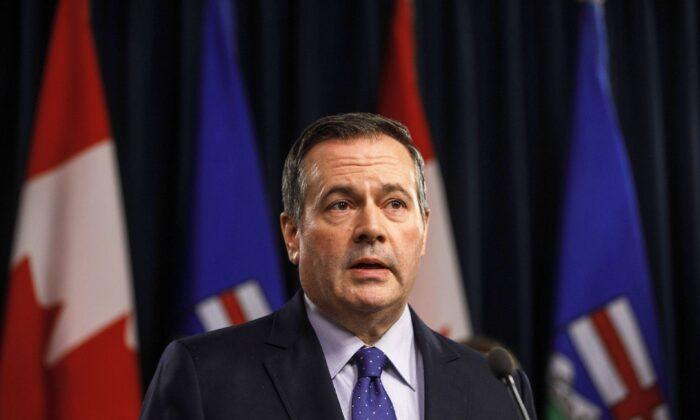Alberta has introduced a bill that would allow voters a chance to “fire” their elected representatives if they break public confidence, says Premier Jason Kenney.
Introduced on Monday, Bill 52, the Recall Act, would allow Albertans to initiate a process that could lead to the removal and replacement of elected members of the legislative assembly (MLAs), municipal officials, and school trustees during their term.





